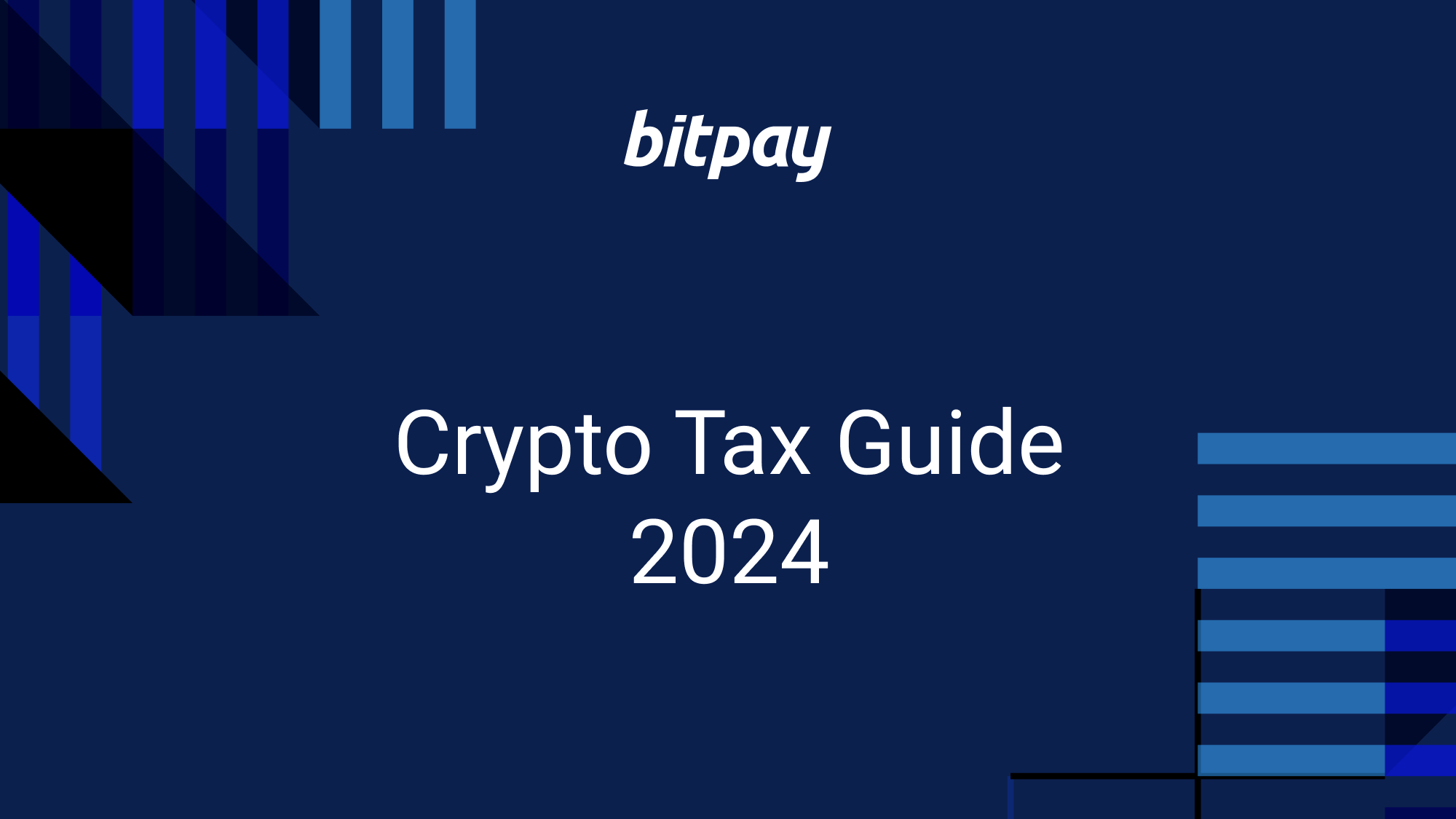With all the adjustments in cryptocurrency, one fixed you’ll be able to all the time depend on is the IRS wanting its minimize yearly. We gathered a number of ceaselessly requested tax questions that we hear from our prospects, and a few ideas that we will share with you right here. Please seek the advice of your tax advisor for any tax concerns for your enterprise in addition to for monetary recommendation.
– Cryptocurrency is taken into account a property by the IRS and is taxed the identical as shares, actual property or another property
– Taxes must be paid for each taxable occasion, corresponding to promoting, buying and selling, changing crypto to money in any many, or relinquishing crypto
– Tax charges rely on the size of time an asset is held and the worth of the positive factors
– Tax kinds will be ready manually however utilizing an automatic crypto tax software program like ZenLedger can prevent money and time by importing transactions from throughout wallets and exchanges
– You’ll be able to scale back your crypto tax duty sooner or later via varied strategies like tax harvesting
How is cryptocurrency taxed within the U.S.?
Immediately, the underside line is that you’re required to pay taxes on crypto within the USA. At the moment in 2023, the IRS considers cryptocurrency a property, so cryptocurrency is taxed the identical as shares, actual property or another property.
Taxes must be paid for each taxable occasion – that is, everytime you promote, commerce or relinquish crypto, convert one crypto to a different and earn any kind of acquire. You don’t pay taxes on all the transaction quantity, solely the revenue (often known as capital positive factors tax).
Your tax charge will rely on a mixture of how lengthy you’ve held your crypto property and the worth of your positive factors. Belongings held for lower than one 12 months are taxed at a short-term positive factors charge. Belongings held for longer than one 12 months are taxed at a long-term positive factors charge. Learn extra about crypto tax charges to dive deeper.
❗
Vital! This text is for use for informational functions solely. We extremely suggest you seek the advice of a licensed tax skilled in case you have any questions on getting ready tax returns that contain crypto transactions.Data on this article additionally doesn’t represent monetary recommendation and we encourage you to do your individual analysis.
What are taxable crypto occasions?
The IRS considers any occasion wherein you profited from a cryptocurrency transaction to be taxable. Shopping for crypto in itself isn’t a taxable occasion. Neither is holding crypto, even when your portfolio is considerably extra priceless than earlier intervals (fortunate you). It’s the act of promoting or changing to fiat or another crypto foreign money and incomes a revenue from that disposal that alerts the taxable occasion.
Suppose you acquired 1 Bitcoin for $10,000 and now want to use it when the truthful worth is $50,000. Right here’s how that cryptocurrency occasion could be taxed:
- Promoting your one Bitcoin for $50,000 for fiat; you’re responsible for $40,000 in taxable positive factors
- Changing / buying and selling / swapping 1 Bitcoin value $10,000 for Ethereum value $50,000 (in different phrases, disposing of Bitcoin and shopping for Ethereum), you triggered a taxable occasion upon the disposal of Bitcoin with realized acquire of $40,000, and new value foundation of Etherum of $50,000. Since January 1, 2018, an trade of “like-kind” property (i.e., not restricted to actual property) might qualify for non-recognition for tax functions, and since crypto isn’t actual property, conversion of 1 crypto to a different is taken into account a taxable occasion upon the conversion.
- Utilizing a crypto debit card like BitPay’s pay as you go debit card to load your Bitcoin with $10,000 foundation for $50,000 of fiat foreign money; you’re responsible for $40,000 in taxable positive factors on the time of the load. This is without doubt one of the easiest methods to trace realized positive factors and losses on crypto because the taxable occasion is triggered solely as soon as on the time of the load, and never when the debit card stability is spent on purchases
- Shopping for a $60,000 automobile with one Bitcoin; you’re responsible for $50,000 in capital positive factors
Learn ZenLegder’s information to crypto taxes for extra superior situations and particulars round taxable occasions. Issues can get a bit extra difficult when superior crypto actions like margin buying and selling, mining, hacks, lending, staking, airdrops and accumulating rewards are concerned.
Methods to calculate and put together your crypto taxes (two methods)
The primary rule for correctly reporting and submitting your crypto taxes is to maintain observe of your transactions! This may be finished manually, however it might open you as much as human error and, let’s be actual, is a ache to cope with. A way more environment friendly method of getting ready your taxes is with specialised crypto tax software program like ZenLedger.
Methodology 1: Manually getting ready your crypto taxes
The IRS instructs crypto customers to report your positive factors and losses on Kind 8949. Use this way to listing particulars about your crypto transactions and calculate your legal responsibility, together with:
- Identify of asset
- Date acquired
- Date bought or disposed of
- Sale value
- Price foundation (buy value)
- Features or losses
When you’ve calculated your positive factors/losses on Kind 8949, embody this data on kind 1040 Schedule D. Each Kind 8949 and Kind 1040 Schedule D must be filed along with your annual revenue tax kinds.
Relying on which crypto providers you employ, together with centralized exchanges like Coinbase or Kraken, you could obtain further kinds together with: 1099-B, 1099-MISC and 1099-Ok.
Methodology 2: Automating your crypto taxes

You may manually hold observe of your transactions in a spreadsheet after which fill in every kind, however this could be a tedious activity. As an alternative, BitPay and ZenLedger make this a simple and automatic course of. BitPay customers can sync pockets transactions immediately from throughout the app to ZenLedger’s intuitive tax software program. With just some faucets from the BitPay app, ZenLedger can robotically calculate truthful market worth, positive factors/loss, apply value foundation to the tranche of the crypto bought, and tax-loss harvesting out of your transaction historical past. It will probably additionally calculate value foundation utilizing varied strategies corresponding to FIFO, LIFO, particular identification and so forth.
For realized positive factors and losses to be calculated precisely, you will need to have the underlying knowledge from all of the wallets and exchanges the place you’ve crypto aggregated precisely. Any inter-wallet or interexchange transfers between your individual accounts might be eradicated upon consolidation as such transfers don’t set off taxable occasions.
Methods to use BitPay + ZenLedger to organize your crypto taxes
Importing your transactions and crypto information to the ZenLedger platform is straightforward and safe. This integration is relevant solely to BitPay customers based mostly in the US and Canada.
- For present BitPay customers, ensure you have the newest model of the BitPay Pockets. For brand spanking new customers, obtain the app right here.
- Faucet the ZenLedger button beneath the “Do Extra” part of the BitPay app residence display.
- You can be prompted to attach your pockets to ZenLedger.
- Log in or create your free ZenLedger account.
- Select the wallets holding the transactions you want to import into ZenLedger.
When you’ve created a ZenLedger account and linked your pockets, your transactions will seem inside your ZenLedger dashboard. Now you’re prepared to make use of ZenLedger to organize and file your crypto taxes.
Your keys, your crypto
Get the Self-Custody BitPay Pockets
Minimizing your crypto tax legal responsibility
As outlined by ZenLedger, there are a number of methods to scale back your crypto tax legal responsibility. A number of the most typical methods embody:
- Use crypto tax software program like ZenLedger to avoid wasting your self from human error
- Leverage tax-loss harvesting to comprehend losses earlier than paying taxes
- Consolidate transactions throughout wallets and exchanges, and correctly exclude non-taxable transactions
- Promote your property relying on the timing of whenever you anticipate transferring into the next tax brackets
- Profit from long-term capital positive factors if property are held for greater than 1 12 months to decrease your tax charge
- Rent a crypto-friendly accountant for a extra streamlined tax course of (when wanted in superior situations), and seek the advice of your CPA for tax recommendation on a well timed foundation
- Diversification of property with a crypto IRA have sure tax advantages you could think about as nicely

